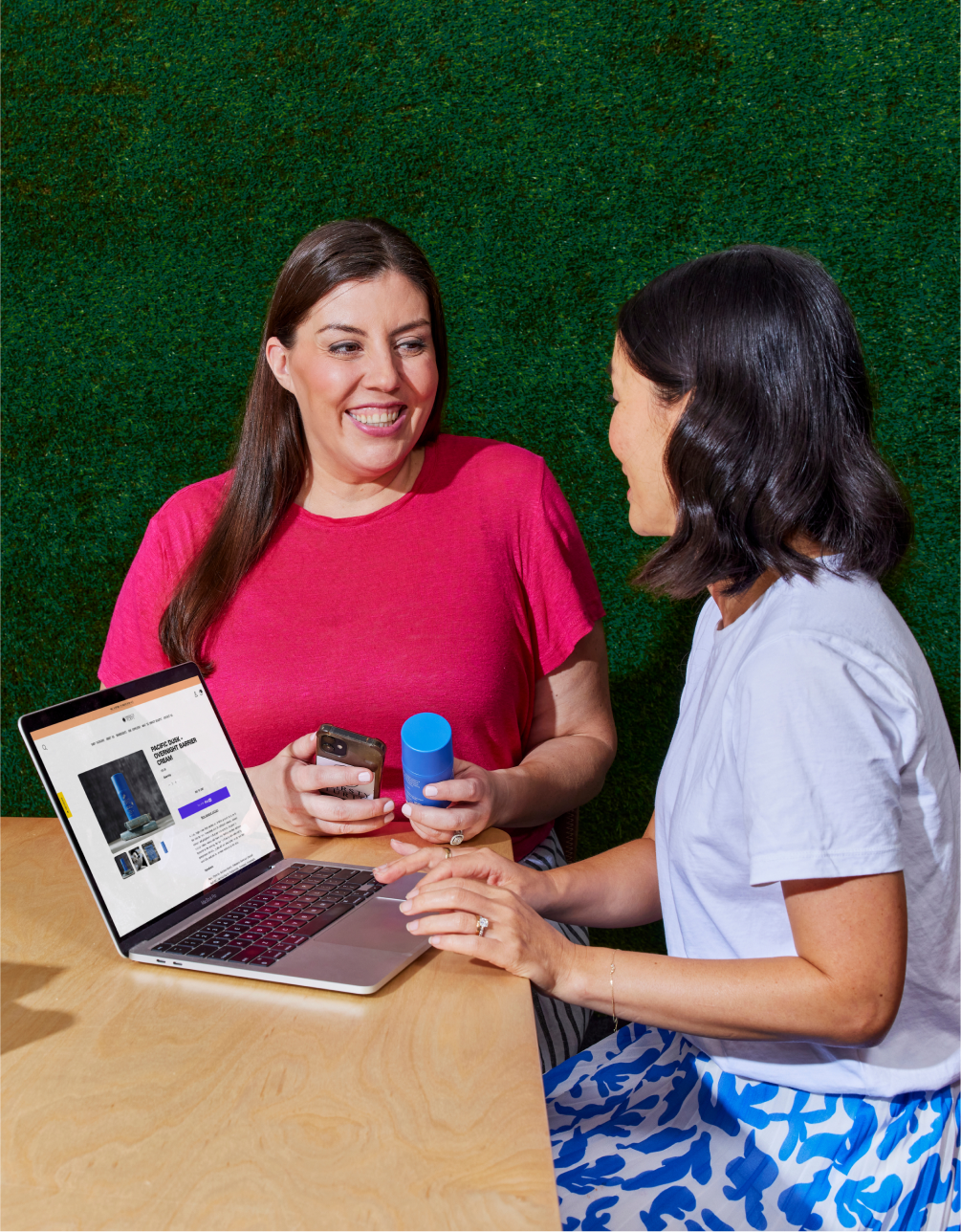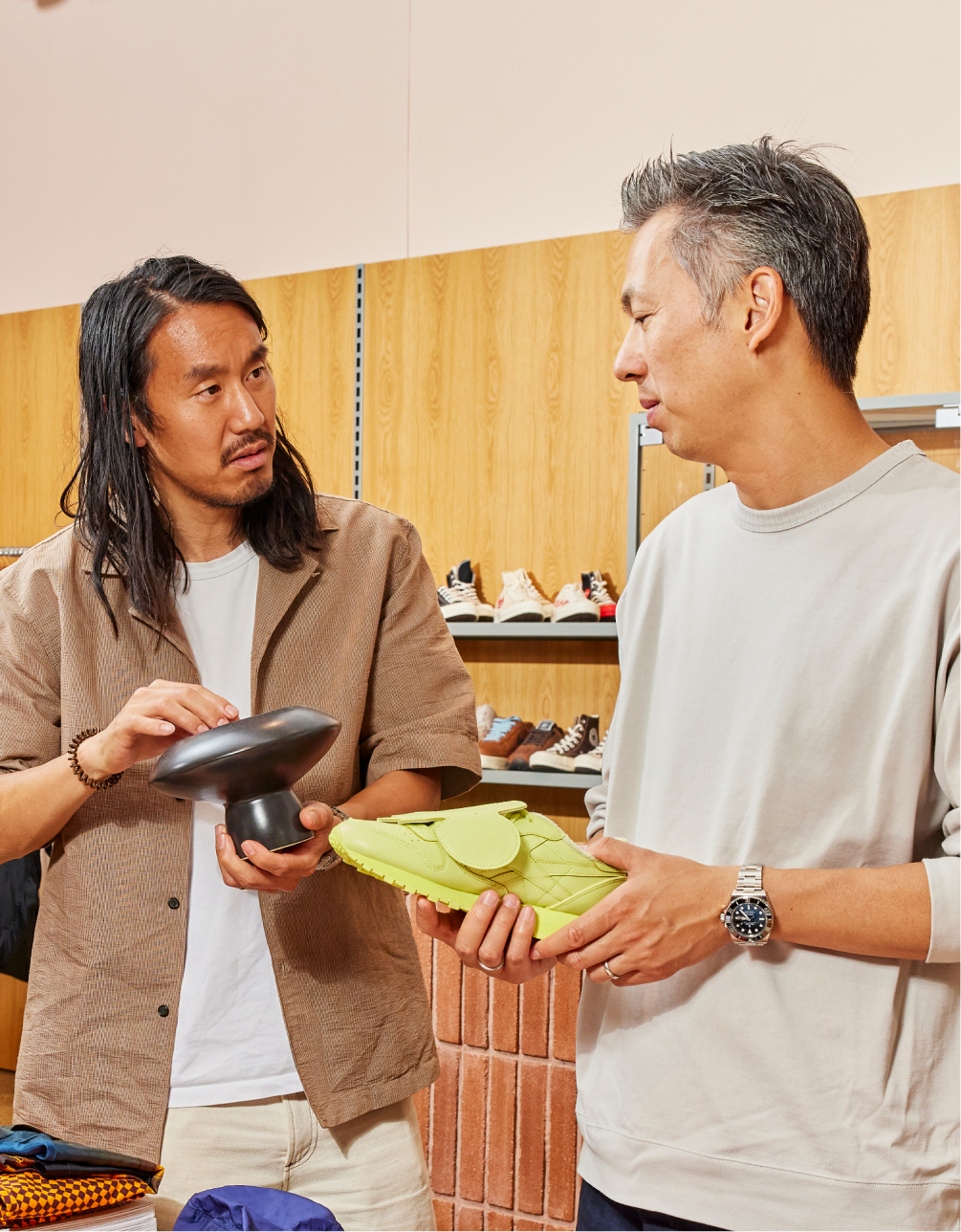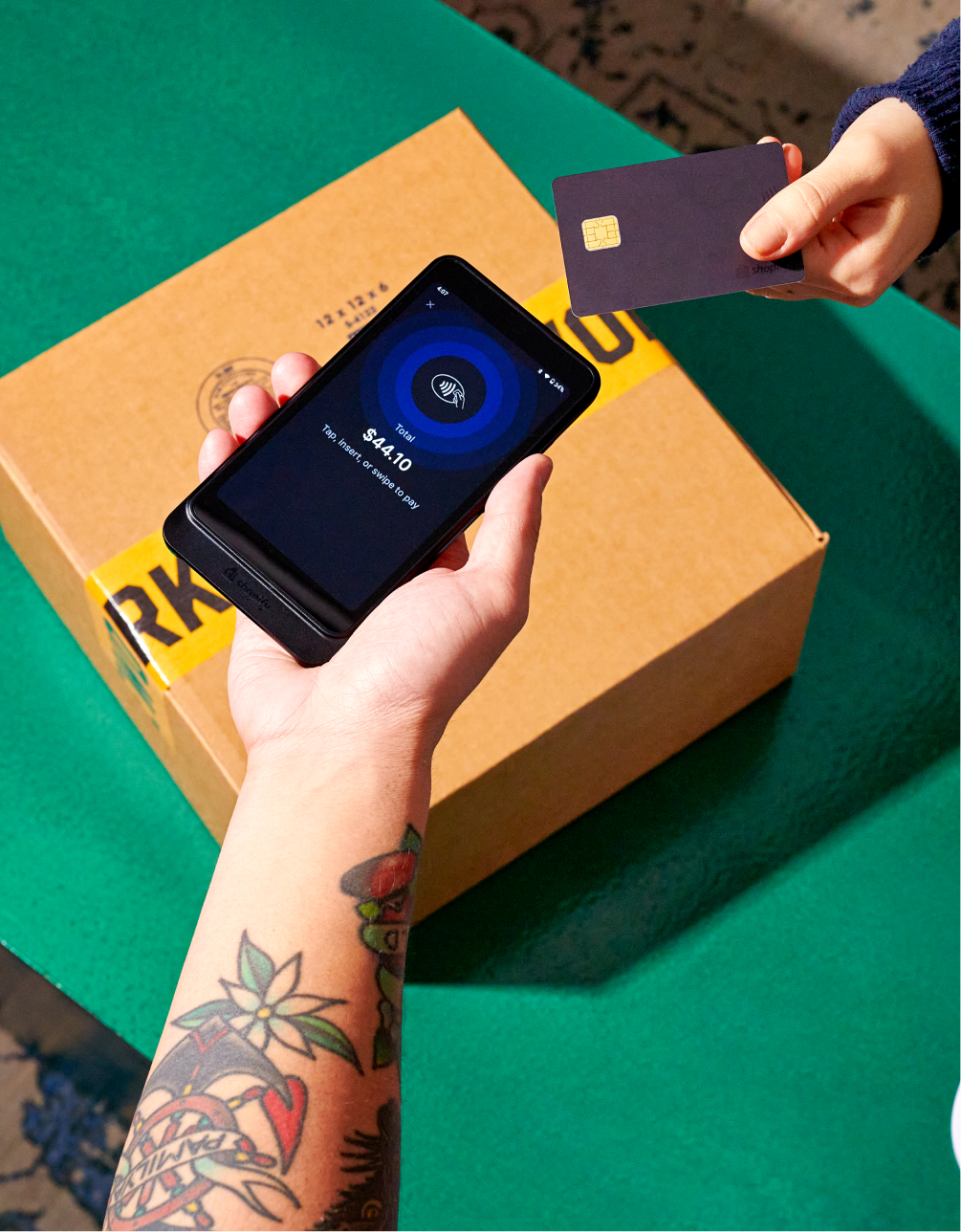How much pain are you willing to endure to succeed?
Would you move to Taiwan to prevent a manufacturing meltdown?
Would you work the production line, go without sleep, and resist the mounting pressure to ship something less than perfect?
“We had a lot of angry Kickstarter customers,” Jonathan Byrt recalls. “But we couldn’t tell them informatively what was happening with their orders because we weren’t at the manufacturing facility and didn’t know exactly what was going on.”
It was time for something drastic.
Byrt, along with his best friend and business partner Jesse Leeworthy, were fresh off a massively popular Kickstarter campaign in which the original goal of the 45-day campaign was met in the first 36-hours.
The pressure was on.
More than six-thousand backers promising more than a quarter million dollars were eagerly anticipating the arrival of their memobottle, a reimagined premium water bottle thin enough to slide into a laptop bag and created with the intention of reducing the environmental impact of single-use plastic water bottles.
“The neck is offset, using a different manufacturing technique to standard cylindrical bottles, it proved to be extremely difficult to manufacture,” says Leeworthy, a product design engineer before founding memobottle with Byrt.
The first several iterations were horrible.
It would cause deliveries to be delayed several months.
Even worse, Leeworthy and Byrt had sunk more than half the Kickstarter money into product development and couldn’t afford to refund everyone’s money even if they wanted to.
So the childhood best friends hopped a plane to Taiwan, knocked on the factory door, and literally began manufacturing memobottle on the plant floor alongside the factory’s workers. “We moved to Taiwan and lived there for six weeks,” Byrt says. “We worked the production line every day to try and get this right.”
It Was a Bottle but Not Round
memobottle had to be a beautiful and convenient alternative to the status quo if it was to become a catalyst for environmental change.
“There was a moment when the factory boss told us this was the best they could do,” Leeworthy recalls. “But it wasn’t perfect and didn’t meet our standards.”
So the machines were retooled again.
Samples of alternative plastics were flown in for additional testing.
Experts in innovative manufacturing processes were identified and consulted.
“There was a huge amount of pressure to ship what we had,” Byrt admits. “It was extremely uncomfortable for a white-collar guy like me to be boots on the ground in a factory where we kept persuading workers do better than they thought they could.”
The pair kept pushing, and as Leeworthy says, “There were a lot of sleepless nights.”
The memobottle was six months late.
The Taiwanese factory workers Leeworthy and Byrt were working alongside were being pushed beyond their limits; they were being asked to create something the world had never before seen.
It was the moment of truth for Leeworthy and Byrt. One that was actually born years earlier on their local Mornington Peninsula beaches, after they became fed up with the single use bottles washing up on shores and in waterways. It had a lasting impact on the duo.
Dual Inspirations
Long before Leeworthy and Byrt hopped a plane for Taiwan...
The two were schoolmates growing up in an Australian coastal town and surfing away their afternoons together. “We’ve always been best buds,” Leeworthy says of Byrt.

The two would eventually go their separate ways: Leeworthy spent time in China and Melbourne designing products and Byrt moved to the U.S. to make his mark as a sought after financial professional and consultant.
But that bond the two forged on the Australian coast would never be broken or forgotten.
Neither would the environmental frustration that they shared there.
“We saw all of these plastic bottles washing up on the beaches in our hometown,” Leeworthy remembers. “We did a bit of research and realized this was a global problem and were so bothered by it we wanted to change the way people thought about single use plastic water bottles but didn’t know how at the time.”
Fast forward a few years and Leeworthy and Byrt, both of whom frequently traveled for business, began witnessing another problem; traditional water bottles were extremely inconvenient for business travelers all over the world.
In Leeworthy’s words:
“It was incredibly frustrating trying to fit round water bottles in flat travel bags. Especially when all you’re carrying is a laptop bag, there was just no way to conveniently travel with round water bottles.”
It was an itch Leeworthy and Byrt couldn’t help but eventually scratch.
So after taking six months to organize that wildly successful Kickstarter campaign, ditching their day jobs, and living in that Taiwanese factory for a spell, the two finally held in their hands what they had once only dreamed about on paper; a reimagined premium reusable water bottle slim enough to fit in a carry bag and act as a bona fide alternative to single-use plastic bottles.

“It was beautiful, transparent and everything we had worked towards,” Leeworthy says of the memobottle he designed and helped manufacture. “In the end though the manufacturing difficulty was a blessing in disguise.”
How so?
The original Kickstarter goal of $15,000 resulted in more than $260,000 from backers all over the world who desired a convenient, beautiful, and sustainable alternative to single-use plastic water bottles that were a hassle with which to travel.
“This was a gut feel kinda thing, but we knew this idea had legs,” Byrt says. “We knew if we could create something so beautiful that people wanted to show it off to their friends and colleagues then we might be able to influence people’s behavior in a way that was not only more sustainable but better for the planet.”
Turns out … the manufacturing delays and weeks-long process of naming memobottle — Leeworthy and Byrt had a color coded list with hundreds of names before settling on “memo” as traditional memos were created to spread a message and were historically created on paper similar to international paper sizes (A5 & A6) after which memobottles are patterned — were just bumps in the road compared with what lay ahead.
- Ramping a global business seemingly overnight that would change the consuming public’s behavior
- Reducing the impact of single-use bottles on the environment
- Position the company to ultimately become a social enterprise that offers much more than the memobottle.
The ecommerce infrastructure required to build an organization of such magnitude often requires several years, hundreds of thousands of dollars, and the technical expertise of a talented development team
But memobottle, a crowdfunded startup, didn’t have any money. Neither Leeworthy nor Byrt can write code. And did I mention the pair had just a few weeks to scale to meet demand?
A Pina Colada Business
The transition from crowdfunding success story to successful business is laced with operational horror stories.
Especially when demand exceeds initial expectations.
“We had no idea this was going to skyrocket like this,” Byrt says. “We knew there was a lot of interest and we really believed in the idea, but the demand for memobottle blew our minds.”
Within a month of launching, the team at memobottle needed a much more robust ecommerce platform capable of scaling quickly and growing with the company.
That’s why memobottle upgraded to Shopify Plus, an enterprise-level ecommerce solution for high volume merchants who desire to focus on growth rather than the technology that underpins it. As Leeworthy explains:
“Neither one of us are coders. But we needed a central platform that would quickly and easily allow all of our systems to talk to one another and serve customers around the globe.”
The ability to easily integrate third-party systems and applications — especially for a fast growing startup strapped for cash — is key in scaling quickly, according to Leeworthy and Byrt.
For instance, the team at memobottle uses the following applications to seamlessly automate inventory, fulfillment, and customer service processes:
- Shipwire: cloud-based software that powers on-demand and custom global order fulfilment
- Xero: cloud-based accounting software that automates the invoicing, bill paying, and payroll processes
- Stitch Labs: cloud-based inventory management software that syncs orders and data across multiple sales channels, suppliers, and fulfillment locations
- Zendesk: web-based customer service platform.
The team at memobottle credits being able to easily and cost-effectively integrate each of their systems with stimulating the accelerated growth it’s experiencing:
- Top line year over year growth of 400% since upgrading
- Growing a global retail footprint from 30 locations to 300
“I’ve built sites on other platforms before, and there are definitely alternatives,” Byrt says. “But none of them focus on the entrepreneur or ecommerce like Shopify Plus, which made our decision an easy one.”
Importantly, the robust reporting and customer data offered on the Shopify Plus dashboard has revealed actionable insight allowing the company to make real-time adjustments resulting in increased conversions and sales.
It has empowered Leeworthy and Byrt to live the nomadic entrepreneurial lives they’ve always dreamed of and run memobottle from two different continents: Leeworthy in Australia and Byrt in the United States.
“The platform and applications make it all work,” Byrt says. “We can travel and run the company from anywhere with nothing but a laptop- it’s amazing.”
Living a nomadic entrepreneurial life is actually key in growing memobottle.
The company now has six employees scattered across the globe and each is urged to move frequently. “We all have free reign to travel the world,” Byrt says excitedly. “Experiencing different cultures and being inspired by them is hugely beneficial to the company.”
For instance, Leeworthy and Byrt have visited thirty countries in the last twelve months. However, don’t be fooled by this seemingly jet-set lifestyle; the memobottle team works at least eight hours a day from wherever they’re located.
“People ask us what we do all day and wonder whether we just sit around drinking pina coladas.”
“It’s mindblowing how busy we are and how many little things there are to do to ensure a global business is doing what it needs to do to grow. But sometimes we just play along with the perception and tell people we’re off to Mexico again for another vacation. Nothing could be further from the truth though … well, the vacation part anyway.”
It’d be easy to slack off in Leeworthy and Byrt’s shoes.
But their discipline is proof memobottle is just the start of a movement the pair hopes will literally change the world in a very specific way one day.
In fact, memobottle’s idea of using convenience as a catalyst for social and environmental change was recently center stage at the Academy Awards Ceremony in Hollywood.
Crashing the Oscars & Beyond
People can’t help but begin asking questions when they see someone with a memobottle.
This kind of word-of-mouth buzz recently resulted in a lot of publicity and ultimately helped memobottle make a huge splash at the 88th annual Academy Awards. “We were extremely lucky,” Byrt says with a laugh.

The viral nature of the memobottle story caught the attention of the company responsible for putting together Oscar gift bags for nominees. The premium design, as well as the social change component, resulted in the memobottle being placed in each of the major nominee’s gift bags; celebrities like Leonardo DiCaprio and Matt Damon.
“It was huge, an amazing experience,” Leeworthy says of memobottle’s Oscar debut. “Along with the memobottle, we included a personal note in each of the gift bags expressing our respect for the celebrities commitment to various social and environmental causes.”
The experience, in part, inspired the founders to begin donating one dollar from each online purchase to Water.org, a Matt Damon backed charity that provides safe drinking water to people in need.
“We want to transform this business into a social enterprise,” Leeworthy notes with pride. “It wasn’t created solely to be a profit center but rather a tool we can use to give back to society with the products we make.”
You read correctly.
That’s products with an “s” … as in plural.
While the details are secret for competitive reasons, Leeworthy and Byrt are planning several new products in the same vein as memobottle: a convenient and beautifully designed sustainable alternative to the status quo that can act as an instigator for environmental change.
“Our aim is to change the world by introducing great new products that don’t just sell but also have a positive impact on the world.”
“We’re really proud of what we’ve accomplished but honestly it’s just the beginning, and we’re more optimistic about the future and influencing people’s behavior in ways that result in positive environmental changes.”
In the meantime, there’s more changes on the horizon for Leeworthy and Byrt.
For the first time since Taiwan, the two nomadic entrepreneurs are planning to reunite and spend several months together in their native Australia.
“I guess we’re going to find out whether we still like each other,” Leeworthy says with a big laugh regarding his childhood best friend.
The environment and tens of thousands of memobottle lovers worldwide are counting on it.





